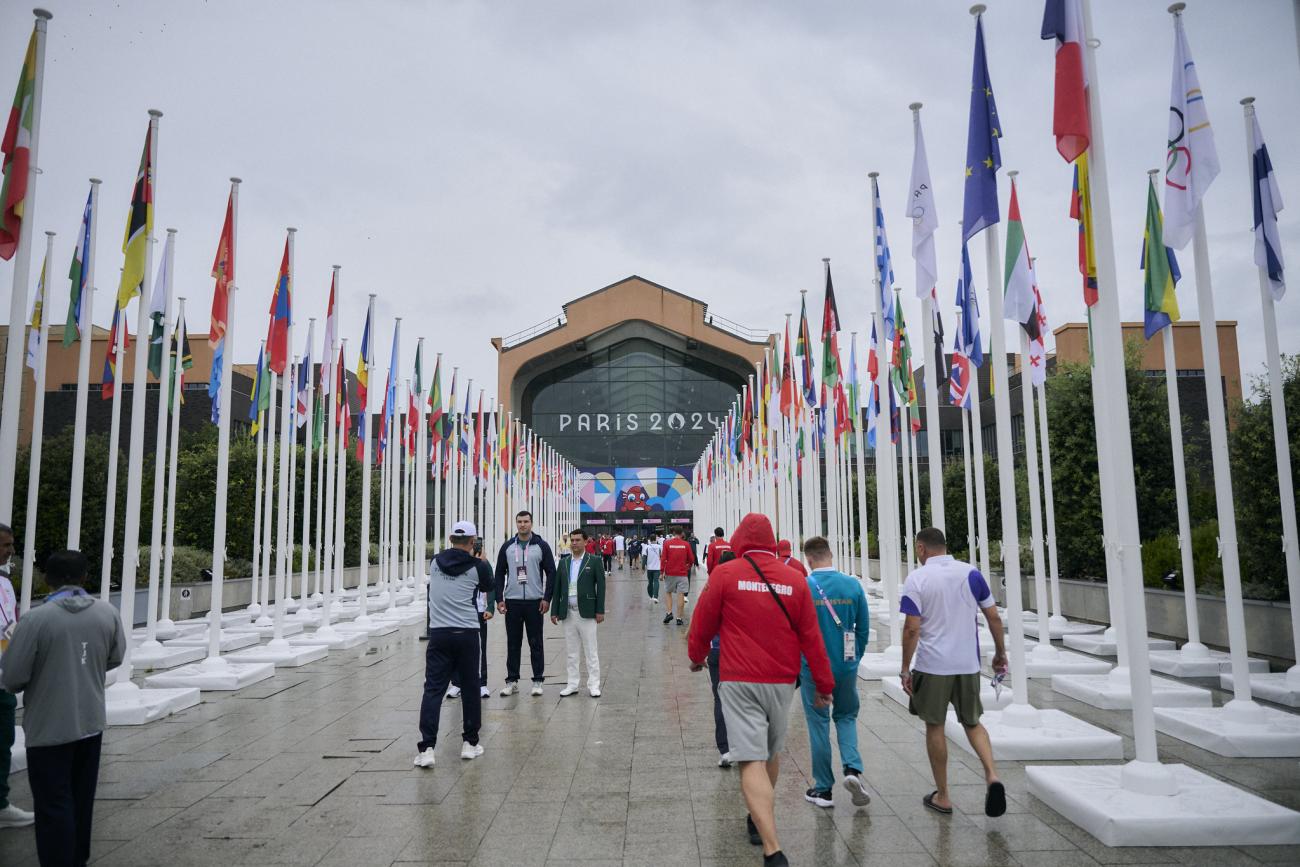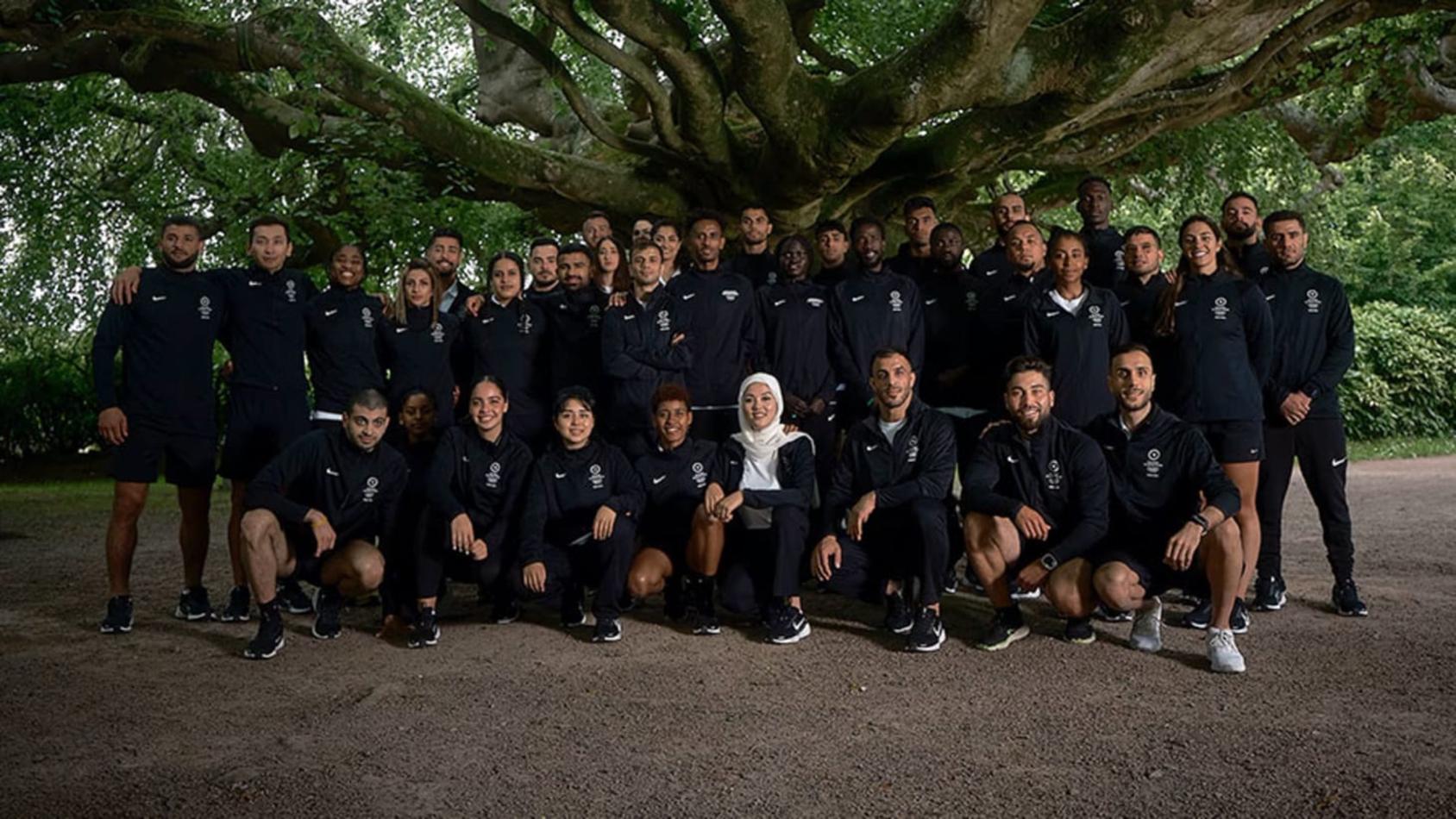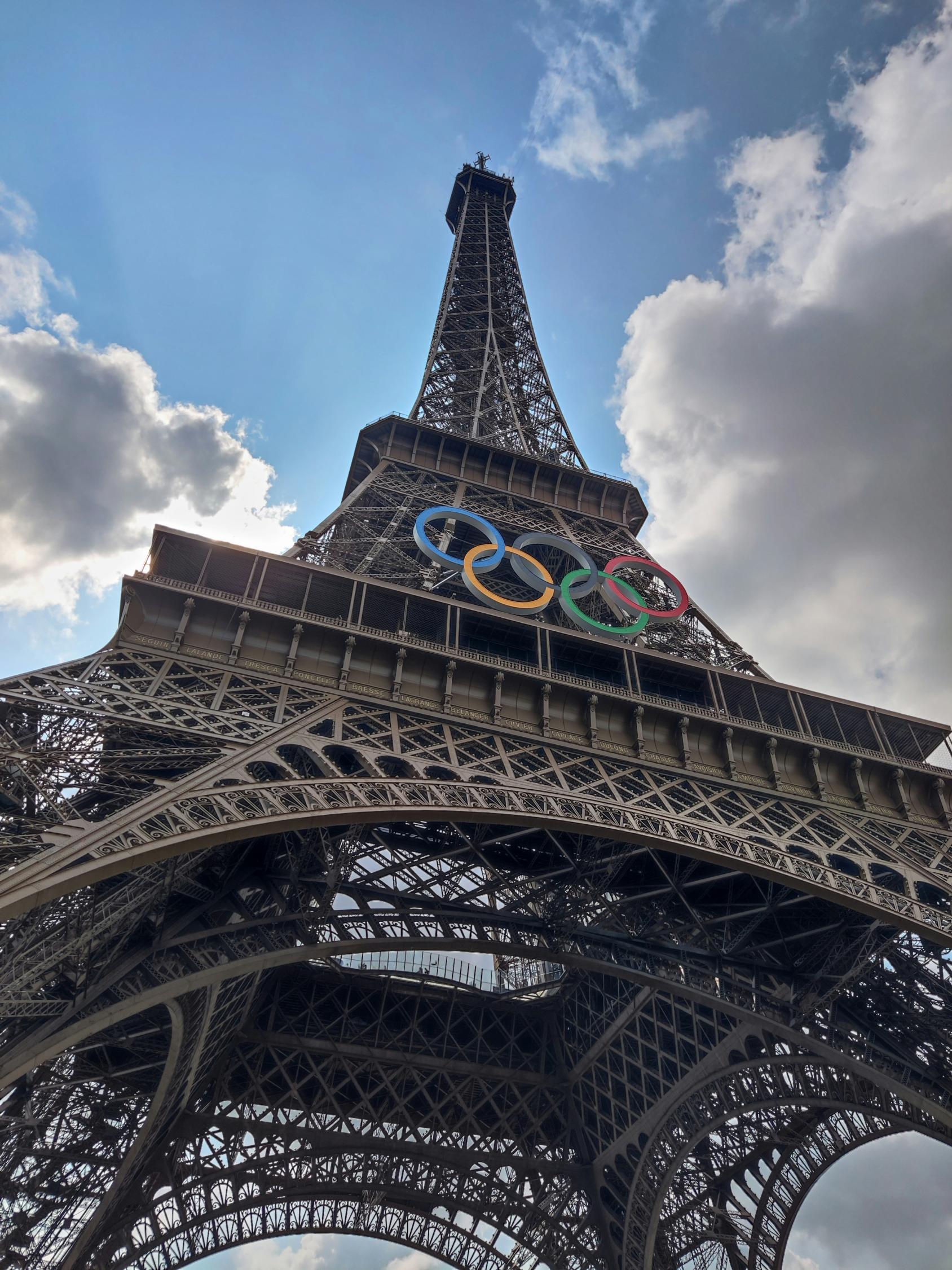Faster, Stronger, Higher: UN at the Olympics

The Olympics serve as a microcosm of the world’s best aspects; showcasing the coming together of countries, the culmination of tireless dedication and hardwork and the spirit of diversity and fair play.
The 2024 Olympics that kicked off in Paris last weekend has captured the attention and imagination of viewers all around the world.
Indeed, sport has always had the potential of uniting people around a common cause. Acting as a bridge, it can spur positive change in communities, boosting local economies and shifting social norms.
Attending the Opening Ceremony of the Olympics and later during his meeting with the President of the International Olympic Committee (IOC), Secretary-General Antonio Guterres reflected on the sharp contrast between the Olympic experience and the ongoing conflicts around the world. “In the spirit of the Olympic Truce, I call on everyone to lay down their arms. Build bridges. Foster solidarity. And strive for the ultimate goal: peace for all.”
Under the Secretary-General’s leadership, UN entities have been engaging with the Olympic Committee in strategic ways to ensure the message of peace and sustainable development for all, resonates through the games.
A new era for women in sport
In a momentous milestone, the 2024 Olympics will be the first ever gender-equal Olympics with 50 per cent of all athletes being women. The Games will also feature an increased number of women’s and mixed events, offering more opportunities for women to win medals.
UN Women has been one of the key voices championing not just for fair and inclusive representation and visibility for female athletes but also a culture shift towards safe spaces in sporting organizations. Since 2012, the IOC and UN Women have partnered to promote gender equality in sports.
In countries around the world, UN Women is partnering with local organizations to help end violence against women and girls through the power of sport. Working with boys and men to help shape behaviours and attitudes and empower women and girls to push beyond traditional gender roles and recognize their full potential.
For example, in Fiji, UN Women brings together a number of partners including Rugby Australia, Oceania Rugby, ChildFund Rugby, Lakapi Samoa, the Government of Australia and the European Union to jointly implement the Get into Rugby PLUS initiative. Through this, more girls and young women in Fiji are encouraged to play the sport. Meanwhile, coaches undergo intense gender sensitization, safeguarding, and child protection training, becoming champions for gender equality themselves. Read more about the initiative here.
This year, through the UN Spotlight Initiative, UN Women together with the UN Educational, Scientific and Cultural Organization (UNESCO), issued a 10-point call to action to tackle violence against women and girls in sport, providing policymakers and sports professionals with strategies and resources to combat gender-based and sexual violence.
Refugee issues take spotlight at Paris
For the third time in the Olympics, the IOC Refugee Olympic Team took to the stage, representing more than 120 million displaced people worldwide who have been forced to flee their homes due to ever increasing conflicts and persecution.
The UN-backed Refugee Olympic Team at the Paris Olympics is made up of 37 athletes from different backgrounds, living in 15 countries and competing in 12 different sports. This marks the largest team yet to be represented. UNHCR, the UN Refugee Agency, is partnering with the IOC, the International Paralympic Committee and the Olympic Refuge Foundation to support refugees’ participation at the Games in Paris. Learn more about the team here.
Significantly, boxer Cindy Ngamba from the team made history as she went on to win the bronze medal in the women's 75kg category, marking the first time a member of the Refugee Olympic Team took to the podium. Read more about the team's performance here.

At the Opening Ceremony, held last week, UNHCR Chief Filippo Grandi was honoured with the Olympic Laurel for his work using the power of sport to improve the lives of refugees and other displaced people. Only the third person to receive such an accolade, Mr. Grandi dedicated the award to displaced communities, calling on the world to take note of their inspired journeys even in times of hardship.
Historic reminder of world culture
The iconic Olympic torch relay, which began in April this year, passed through nearly 30 UNESCO World Heritage sites, finally ending its journey in the heart of Paris on 26 July. Traveling from Olympia, Greece, through various European towns, the Relay offered a unique view for audiences into the stunning architecture, history and cultural heritage, as well as diverse natural landscapes. In a historic first, the Opening Ceremony in Paris also took place at a UNESCO World Heritage Site.

UNESCO has been promoting the educational, cultural and social aspects of sport, working with partners and helping Governments strengthen their sports policies. In fact, UNESCO’s “International Convention Against Doping in Sport” in 2005, was a decisive point in harmonizing anti-doping legislations, rules and regulations to help preserve the integrity of sport and protect the well-being of sportspersons.

























